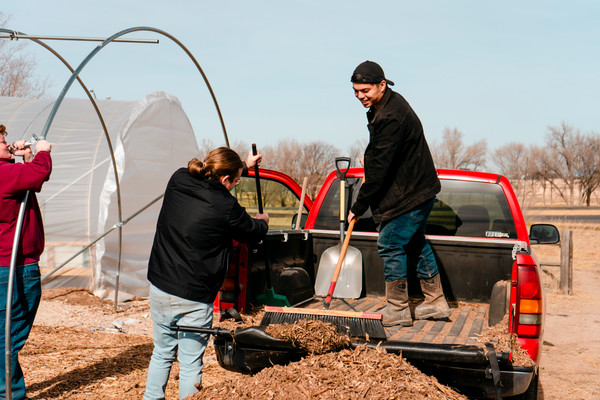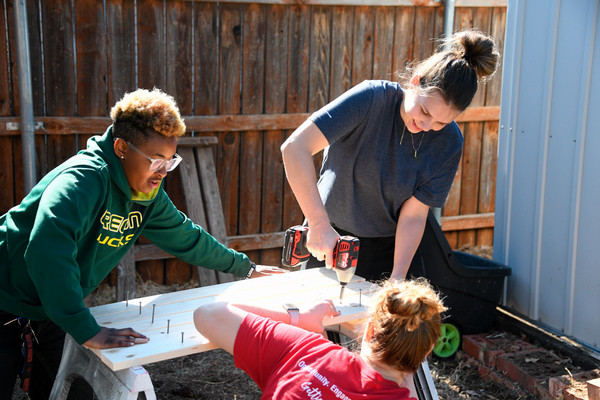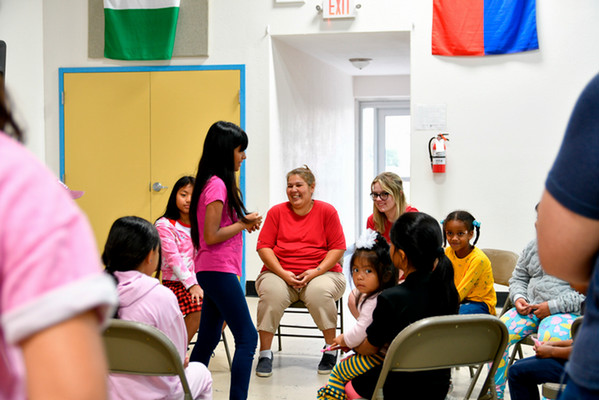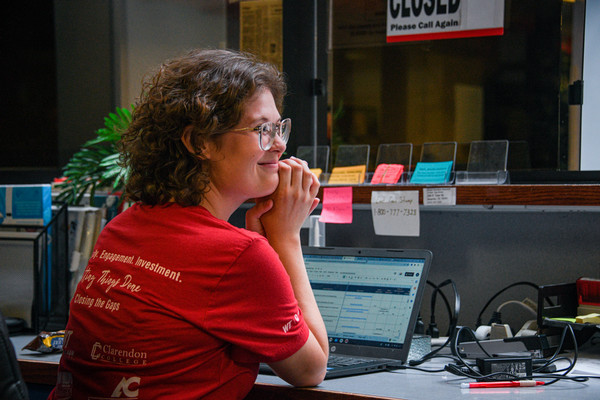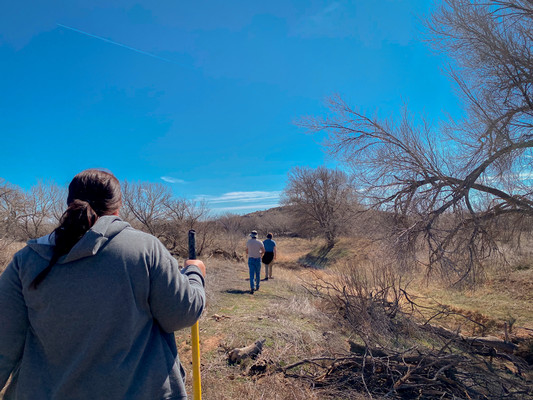Stronger together
Our region thrives when we work together. If you’re interested in partnering, volunteering, or supporting WT Community Resilience Corps’ mission, reach out to explore how we can collaborate to expand opportunity, build capacity, and enhance community resilience.
"Alone we can do so little. Together we can do so much."
– Helen Keller
Our focus
We partner with organizations to support building capacity in the Texas Panhandle. We address challenges the region faces by focusing on:
- Education - outcomes and attainment
- Natural resources and land management
- Economic and workforce development
- Health, wellness, and nutrition
- Disaster mitigation and emergency management
- Other locally identified needs

